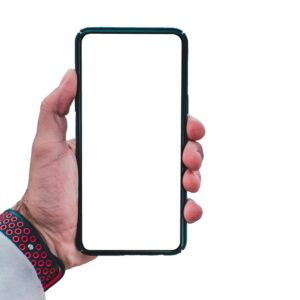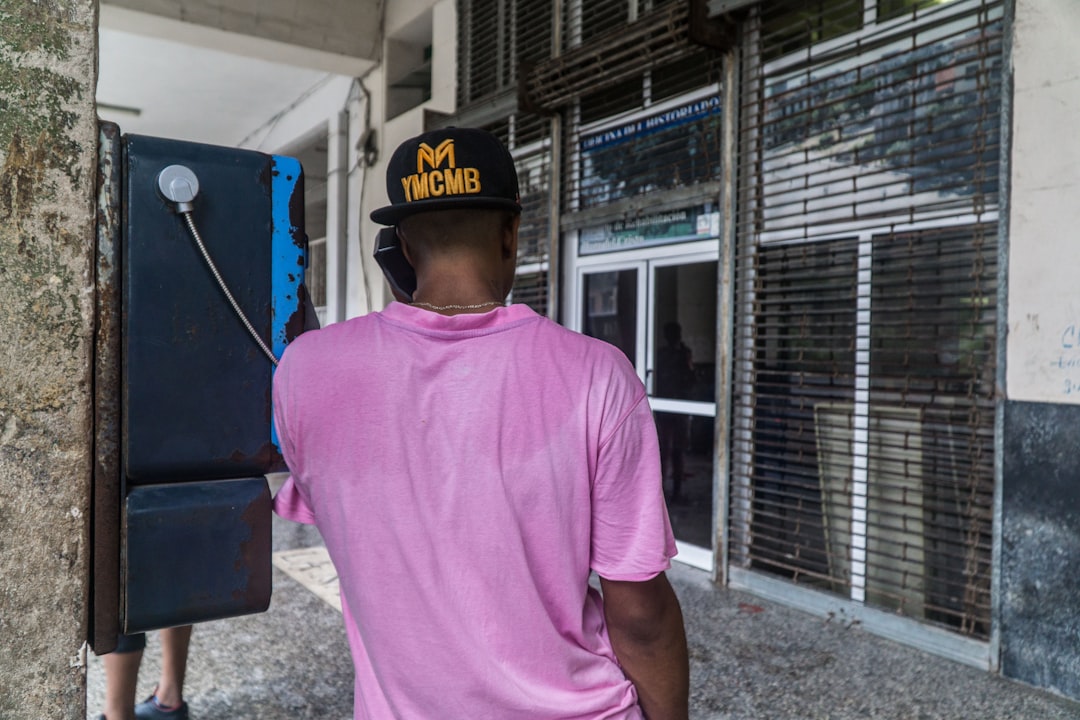In the digital age, robocalls are a growing concern for South Carolina residents, with automated messages often causing disruption and stress. While some calls are legitimate, others may indicate fraud. Robocall attorneys in South Carolina guide residents on managing unwanted calls and taking legal action when needed, as these calls can mislead recipients, violate privacy, and lead to financial loss. Residents are encouraged to register their numbers on the National Do Not Call Registry and consult robocall attorneys for persistent or malicious calls. Specialized robocall attorneys can block calls, sue perpetrators, and secure financial restitution if clients have been harassed or targeted fraudulently.
In the modern era, South Carolina residents are increasingly plagued by unwanted robocalls. This comprehensive guide arms consumers with essential knowledge about these relentless calls and their legal implications within the state. From understanding the tactics employed by robocallers to exploring your rights and spotting common types, this article offers practical advice. Moreover, it introduces the crucial role of robocall attorneys in South Carolina, providing a vital resource for those seeking relief from invasive automated calls.
Understanding Robocalls: What They Are and Why They Matter in South Carolina
In today’s digital era, robocalls have become an increasingly common nuisance for South Carolina residents. A robocall is an automated phone call that uses a recorded message to promote products or services and can be initiated in bulk through advanced technology. While many calls are legitimate marketing efforts, others may involve fraud or illegal practices, making it essential for consumers to be aware of their rights. Robocall attorneys in South Carolina play a crucial role in helping residents navigate this complex issue, offering guidance on how to deal with unwanted calls and taking legal action when necessary.
Understanding the impact of robocalls is vital for several reasons. Firstly, they can disrupt personal and professional lives, leading to stress and frustration. Secondly, some calls may contain misleading information or even attempt to trick recipients into providing sensitive data. Lastly, in South Carolina, certain regulations are in place to protect consumers from excessive robocalling, and violators can face legal consequences. Being informed about these matters empowers residents to take proactive measures and seek assistance from legal experts when dealing with persistent or malicious robocalls.
Your Rights as a South Carolina Resident: Protecting Against Unwanted Calls
As a resident of South Carolina, you have certain rights when it comes to protecting yourself from unwanted robocalls. According to federal and state laws, including the Telephone Consumer Protection Act (TCPA), businesses are restricted from making automated calls to consumers without prior consent. If you’re receiving repeated or unsolicited calls from robocallers, you can take several steps to assert your rights.
One of the primary defenses against robocalls is registering your phone number with the National Do Not Call Registry. This federal list restricts marketing and sales calls to registered numbers. Additionally, South Carolina residents can seek legal assistance from experienced robocall attorneys who specialize in defending consumer privacy. These professionals can help navigate the complexities of TCPA compliance and take legal action against persistent or malicious robocallers.
Common Types of Robocalls and How to Spot Them
Robocalls, automated telephone calls that deliver pre-recorded messages, have become increasingly common across the country, including South Carolina. While some robocalls offer valuable information or services, many are unwanted and can be fraudulent. Common types include marketing calls from telemarketers, debt collection agencies, and scam artists attempting to steal personal information. These calls often use automated systems to make a large number of calls quickly, making them difficult to block individually.
Spotting a robocall involves being vigilant and aware of certain red flags. Unwanted calls from numbers you don’t recognize or with area codes out of state are common indicators. Pre-recorded messages, sudden hang-ups after dialing any number, or calls claiming to be from official government agencies or well-known companies but requesting personal information are all signs of a possible robocall. If you suspect a call is fraudulent, report it to the Federal Trade Commission (FTC) and consider consulting with robocall attorneys in South Carolina for guidance on your rights and legal options.
Taking Action: Finding Help from Robocall Attorneys in South Carolina
If you’re tired of receiving annoying and unwanted robocalls, it’s time to take action. South Carolina residents now have the option to fight back with the help of robocall attorneys. These specialists are equipped to handle the legal aspects of dealing with intrusive automated calls, offering guidance on available remedies and potential compensation.
Many robocall attorneys in South Carolina specialize in consumer protection laws, enabling them to navigate complex regulations and advocate for your rights. They can assist with blocking future calls, suing the culprits, and even securing financial restitution if you’ve suffered losses due to fraudulent or harassing robocalls. Don’t let these automated intruders disrupt your peace; reach out to a local robocall attorney today to reclaim your privacy.






